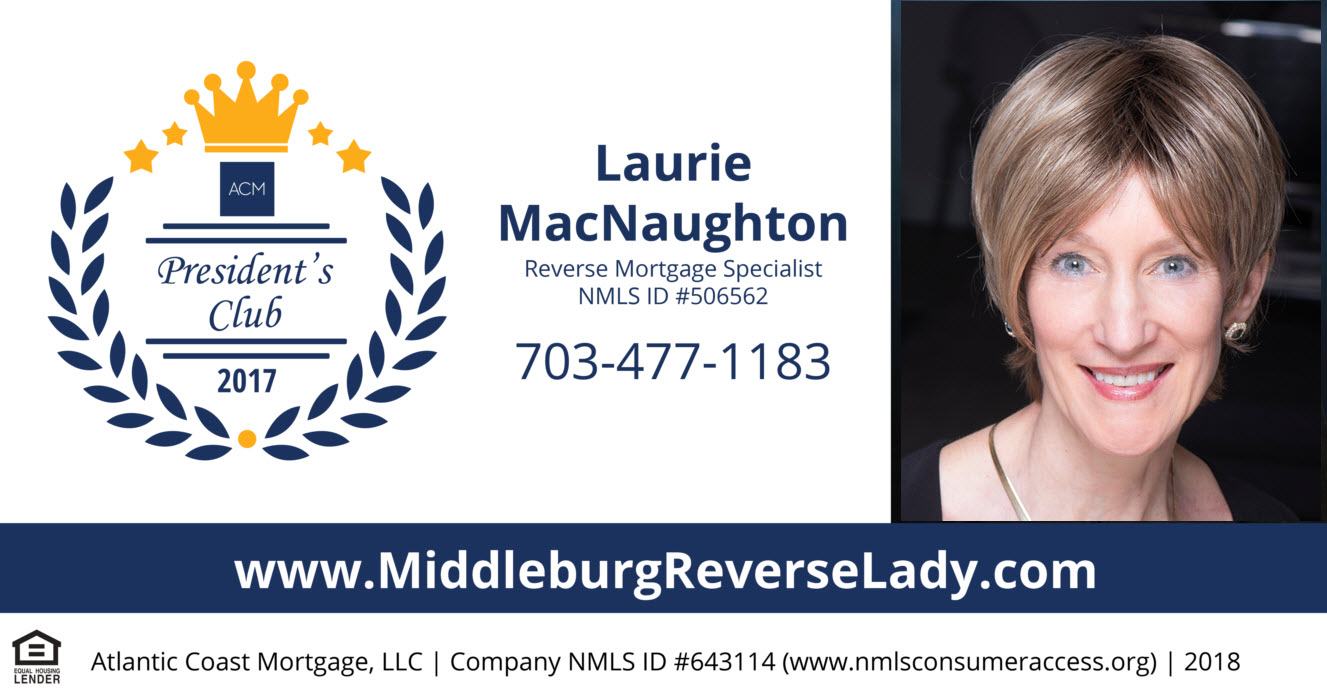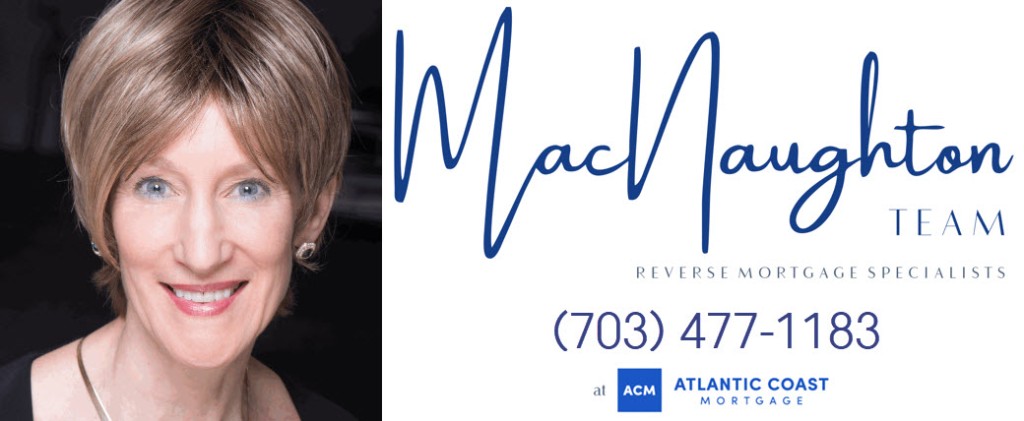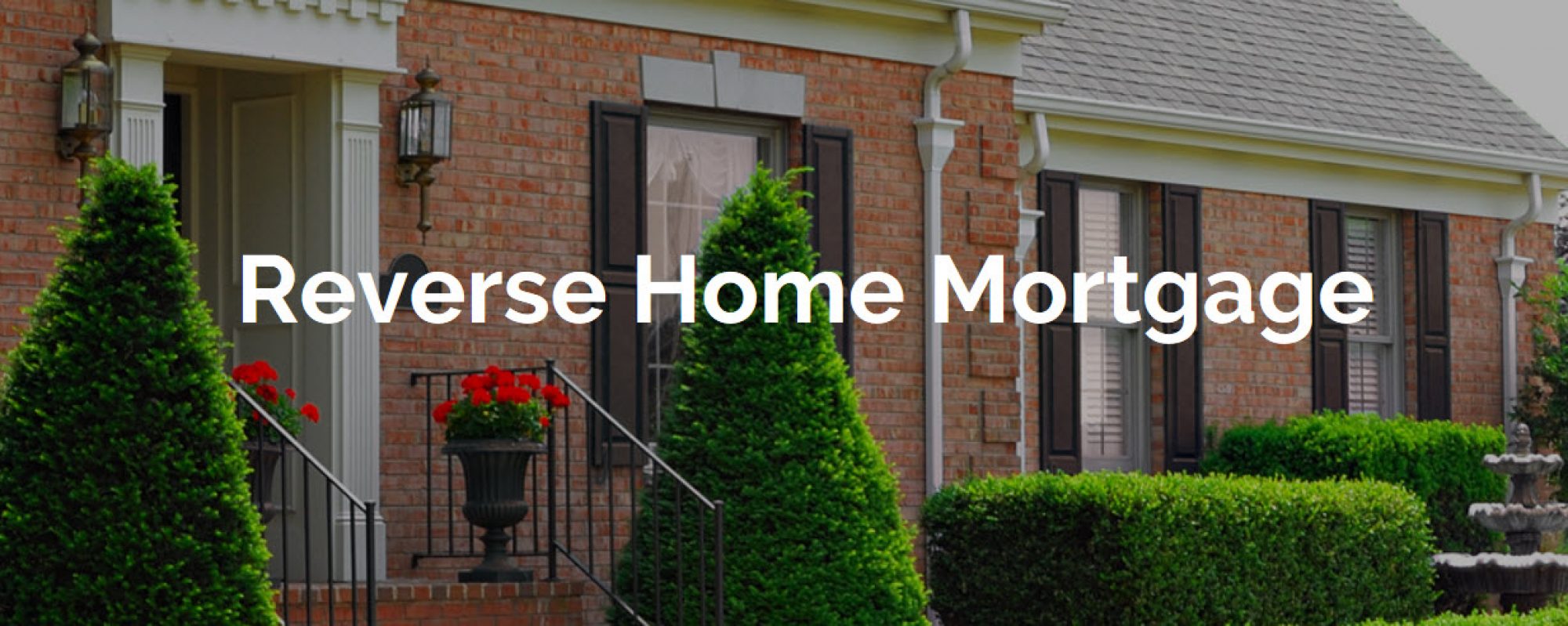By Laurie MacNaughton [NMLS ID #506562], as first published in Reverse Review, Oct 2017 edition. Reprinted with permission.
To be honest, the seminar topic was probate. But the two opening questions took my thoughts far afield.
“How many here want to leave their kids an inheritance?” Nearly every hand went up.
“How many here are likely to have an inheritance to leave?” Not as many hands went up. In fact, not many hands went up, period.
I sat through the Circuit Court judge’s talk scribbling down my churning thoughts, the foremost of which was this: not leaving kids an inheritance is one thing; having your kids bankroll you as you age is another thing altogether. If you’re the adult child of aging parents, zero inheritance can look great vis-à-vis the potential alternatives.
According to a Pew Research study, more than forty percent of adult children with a parent aged 65 or older helped that parent financially within the past year. If percentages remain constant, the number of adult children bankrolling parents is likely to get worse, a lot worse, because in little more than a decade one in five Americans will be 65 or older.
For many people, the go-to objection to a reverse mortgage is that the homeowner might not have equity left to leave the kids. But this is flawed reasoning.
If a homeowner with a reverse mortgage used all available funds, it is likely there were not other assets to draw from. This means each tax-free dollar the parent used did not come out of the kids’ post-tax income.
An alternate scenario is that the parent did indeed have other assets but did not want to consume those assets, which presumably will go to the kids. Under either scenario the kids are the big beneficiaries – every dollar of her own money Mom used was a dollar either the kids or the taxpayer did not pay out.
Of course, little or no remaining equity is by no means a foregone conclusion, particularly in light of FHA’s most recent changes to the product. But is it true there might not be equity left for the kids? Absolutely. The pertinent issue here is that the parent relieved the adult children from draining their own financial reserves – or at very least, delayed the time when the kids had to step in to help financially. And as boomers’ kids eventually edge toward their own retirement and the reduction in Social Security benefits impacts Millennials’ long-term financial plans, parents’ decisions are bound to become ever more conspicuous.
On a related note, for years I’ve thought it frankly odd how slow some financial professionals have been to amend their mindset about tapping into home equity, even as evidence mounts that homeowners with reverse mortgages tend to enjoy greater odds of financial survivability in retirement. If the popular press is to be believed, the needle does seem to be edging in the right direction, however.
Case in point: recently I met with a wealth manager who said to me, “Our holistic retirement planning includes reverse mortgages.” Moments later he went on to say, “Most of our clients want to leave their investments for their kids.”
Bingo. He has seen how a reverse mortgage can fit into the goal of leaving something for the kids.
This growing awareness is heartening news all around: as aging homeowners get more informed input on reverse mortgages, their adult children, the taxpayer, and the homeowner all stand to remain financially healthier in retirement.
Good news couldn’t come at a better time.






